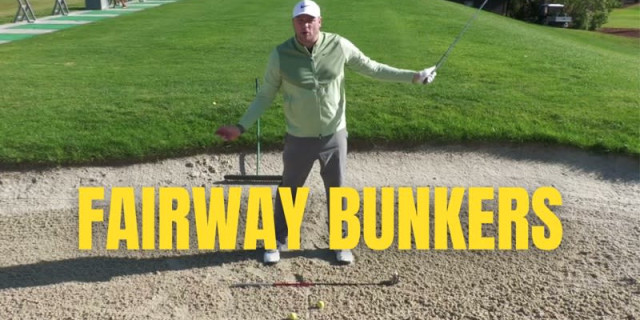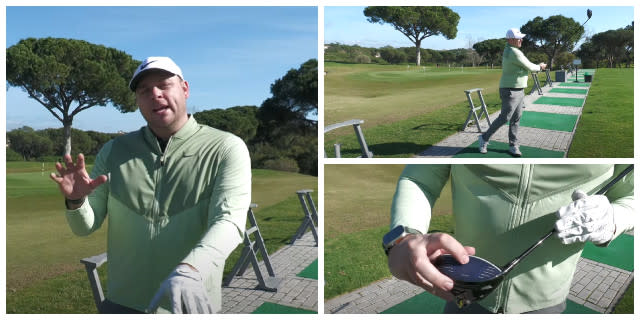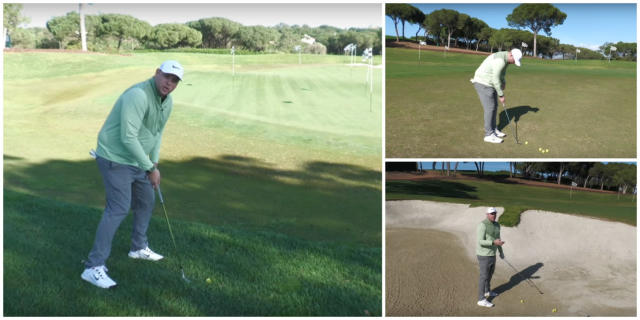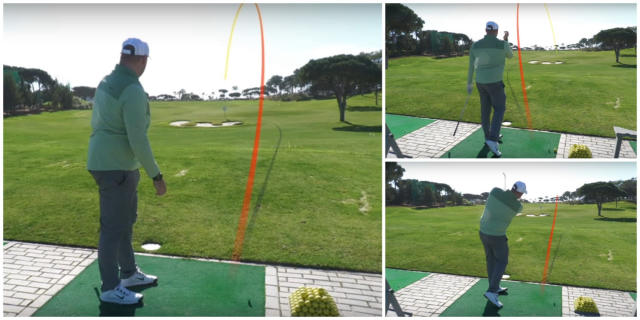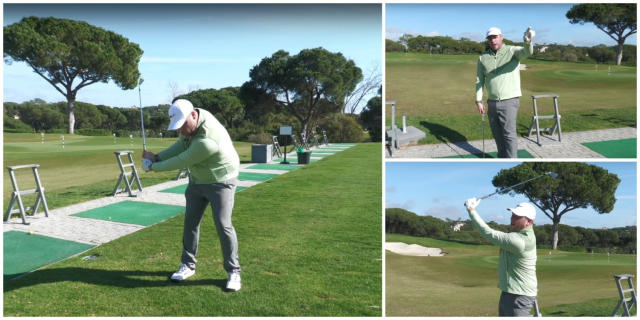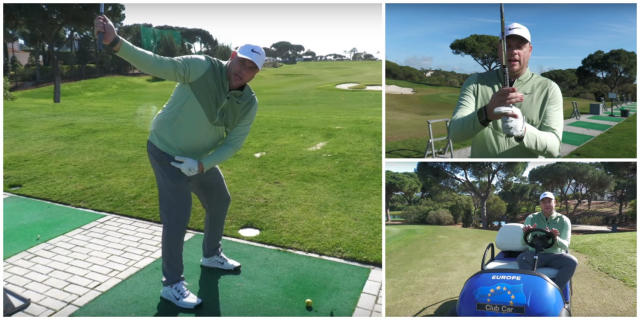Slow Play and the Rules
Guest Feature from Barry Rhodes author of the book, ‘999 Questions on the Rules of Golf’ see below for more information.
Some time ago I was shown a plain ball-marker with “3:57” stamped on it and asked what I thought it referred to. Having rejected my first thought that it might be a Biblical reference, I did suggest that it might be the optimal time for completing 18 holes of golf. I was on the right track, as the owner confirmed that the marker had been given to him when he played the Old Course at St. Andrews, as a reminder of the target time there for players to complete their round. The Old Course range balls are also printed with this pace rating, which was established with Bill Yates, an acknowledged expert on pace of play*.
I don’t think that many of us would complain if our rounds of golf were regularly completed within four hours. Unfortunately, it seems that rounds are consistently taking longer and that on some courses five hours is more the norm. Of course, there are several factors that contribute to slow play but there is no doubt that player behaviour is the main cause. So, how can the Rules help in this respect?
There are really only two Rules of Golf that are directly relevant to this subject;
Rule 6-3a. Time of Starting: The player must start at the time established by the Committee.
From 1st January 2012, the penalty for a player arriving at their starting point, ready to play, within five minutes after their starting time is two penalty strokes in stroke play, or loss of the first hole in match play. If the player arrives more than five minutes after their starting time they incur the penalty of disqualification. This may seem harsh, but on a busy time sheet a player arriving late can result in all the subsequent groups being delayed and finishing later than they otherwise would have done.
Rule 6-7. Undue Delay; Slow Play: The player must play without undue delay and in accordance with any pace of play guidelines that the Committee may establish. Between completion of a hole and playing from the next teeing ground, the player must not unduly delay play.
The penalty for the first offence of undue delay in stroke play is two strokes and in match play is loss of hole. For a subsequent offence during the same round the penalty is disqualification.
Unfortunately, Committees rarely impose penalties for undue delay (slow play). It is my understanding that on US Tour events it has been 20 years since a PGA Tour player received a penalty for slow play, although players are now put ‘on the clock’ more often that was previously the case. This happens when a group is ‘out of position’, which is often defined as being at least one hole behind the group in front, but can be based on criteria set by the tournament's ruling body. Golfers who are ‘on the clock’ have their pace of play monitored and if they do not speed up their play they can be assessed the penalty of two strokes. It is not just the Tour Committees that are to blame for failing to impose undue delay penalties. In over 20 years playing in Club competitions I have never heard of anyone being penalised for slow play.
I am often asked whether ‘ready golf’ in stroke play, where players are encouraged to play if they are ready and the player whose turn it is to play is not ready, breaches the Rules in any way. The answer is, not unless the Committee determines that competitors have agreed to play out of turn to give one of them an advantage, in which case they are disqualified (Rule 10-2c). However, don’t be tempted to play ‘ready golf’ in match play as your opponent may immediately require you to cancel your stroke and, play again from the same place when it is your turn (Rule 10-1c).
Slow play is a problem that all golfers can play their part in improving. Apart from ensuring that we maintain the correct pace of play ourselves, (e.g. by walking quicker between strokes; assessing our next shot while another player is preparing for theirs; eliminating unnecessary, time-wasting elements in our pre-shot routine; leaving our golf bags at the exit to the putting green; and inviting faster moving groups to play through) we can also encourage the other players in our group to do the same. The important principle is to strive to keep up with the group in front, no matter what is happening to the group behind.
Enjoy your golf and, where you can, help others to enjoy theirs,
Barry Rhodes
* I recommend that anyone interested in ‘Pace of Play’ on their course reads the feature interview with Bill Yates at; http://www.golfclubatlas.com/feature-interview/interviewyates/
Related Content: slow play
Article from Barry Rhodes author of the book, ‘999 Questions on the Rules of Golf 2016’
Barry is author of the book, ‘999 More Questions on the Rules of Golf 2016’ and writes a regular blog of miscellaneous content on the rules of Golf at www.barryrhodes.com
Related Video
Barry Rhodes
Barry is author of the book, '999 Updated Questions on the Rules of Golf 2012 - 2015' and writes a regular blog of miscellaneous content on the rules of Golf at www.barryrhodes.com
Latest Articles- Rules: Before Commencing a Round
- Are Rules Made to be Broken?
- Golfing in Bad Weather - Rules to be aware of

